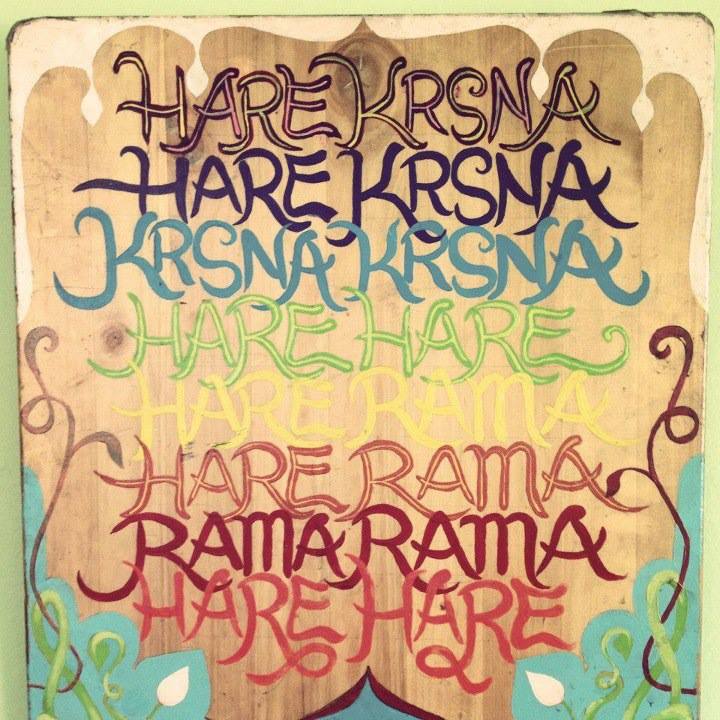 If we look back into Vedic history we will probably find many incidents that contravene modern-day standards of human rights and discrimination. If say, a liberal human rights monitor group were to go back 5,000 years to observe human conduct as portrayed in the Mahabharata for example, they would likely report negatively to the UN Human Rights commission.
If we look back into Vedic history we will probably find many incidents that contravene modern-day standards of human rights and discrimination. If say, a liberal human rights monitor group were to go back 5,000 years to observe human conduct as portrayed in the Mahabharata for example, they would likely report negatively to the UN Human Rights commission.
Ekalavya, Romaharsana and Radheya – how many of us felt sorry for him? And many others like them, suffered, or benefited from their fair share of human discrimination based on social standing, and other issues. There are some attempts to start varnashrama-dharma, which again, by modern-day values, falls into the category of discrimination according to ability and inclination, and being assigned higher or lower social position
Even if these ideals were implemented without birth right status of the type practiced widely in India at present, the equality seeking workers, socialists and feminists would predictably protest such social divisions. Are we as a society indoctrinated by equality causes?
Who can blame them if they protest? The corruption of the monarchy, the exploitation by landlords and greedy capitalists, and the abuse of male domination had led to the formation of these rights organisations. In a modern world shifting towards a more human friendly and equal system, it is not surprising that certain Vedic ideals are deemed politically incorrect.
As more ethnic groups and minority cultures enjoy greater media coverage, and lone individuals can challenge the might of corporate bodies through channels of justice, are these, the modern-day yardsticks by which an ancient Vedic civilization should abide, or be judged? Or is present-day civilization with all of its progress really politically incorrect? Who is to decide?
When Lord Krishna says in Bhagavad-Gita that the four divisions of human society were created by Him (BG 4.13), this absolute pronouncement is accepted as socially and politically correct, without doubting. But will the resenting murmurs of equality activists prevent any movement of such natural and universal placements? How can they?
These divisions exist naturally even in the most strict of socialist regimes, as their hierarchical structures affirm. And the continuation of these systems passed down through generations by family members who lead the respective socialist revolutions, make them no better than communist monarchies. There is a great deal of inequality within intended equality systems.
The fact that inequality prevails in all countries both rich and poor has stymied the cause of equality, all because the exploitative tendency of fellow humans to dominate their comrades defeats their purpose. The natural divisions of humanity are here and there is little we can do change this. We have to adapt or try yet another failed ism.
This example illustrates how today’s version of correctness based upon the human anthropic right to exploit natural resources at frenetic pace is incorrect, as nature’s backlash shows. What appears archaic and medieval as the Vedic social arrangement seems, is really an adaptation to natural harmony. However, this order of things also got abused and Sri Chaitanya Mahaprabhu, the great reformer, came to free all those willing, from the harmfully restrictive bounds of the birth right caste system.
Mahatma Gandhi tried to reform in the same way by labelling all outcastes as Harijana, or people of God. This enabled anyone in an unclean state to enter a place of worship without observing basic rules of cleanliness. Srila Prabhupada did not approve of this very much.
Perhaps there is a good argument for trying to introduce equality. If everyone is born a sudra, so what right does one sudra have to exploit or hold a superior position over another sudra? It seems to be a noble cause, but nobility is not appreciated by all, least by those who seek to gain by unfair, cheating, and scheming ways over the vulnerable. For them, brute force and capital punishment are the limited forms of communication they understand, and are yet other ‘politically incorrect’ modes of dealing for human rights campaigners to get revved up about.
On several fronts the time tested way of harmonious living and justice appears to be at odds with modern life. But there is nothing to fear. To follow the four regulative principles of freedom – no meat eating, no illicit sex, no intoxication, and no gambling – are now slowly being acknowledged by mainstream authorities as antidotes for hedonistic living with deadly consequences. They are gaining ground to be politically correct.
The personal and lively activity of chanting the powerful holy names of the Lord in unison is piercing the voidist and impersonal constructs based on humanity’s conviction that humans evolved from a fluke random chance appearance, as our school textbooks tell us. Krishna conscious knowledge is giving purpose in a deterministic directionless society.
Gradually the truth of the essence of Vedic culture as presented by Sri Chaitanya Mahaprabhu and Srila Prabhupada is being accepted and making people actually happy. And happy people are not likely to get upset at being labelled politically incorrect. In fact, it is cool to be politically incorrect.
Ys Kesava Krsna Dasa
